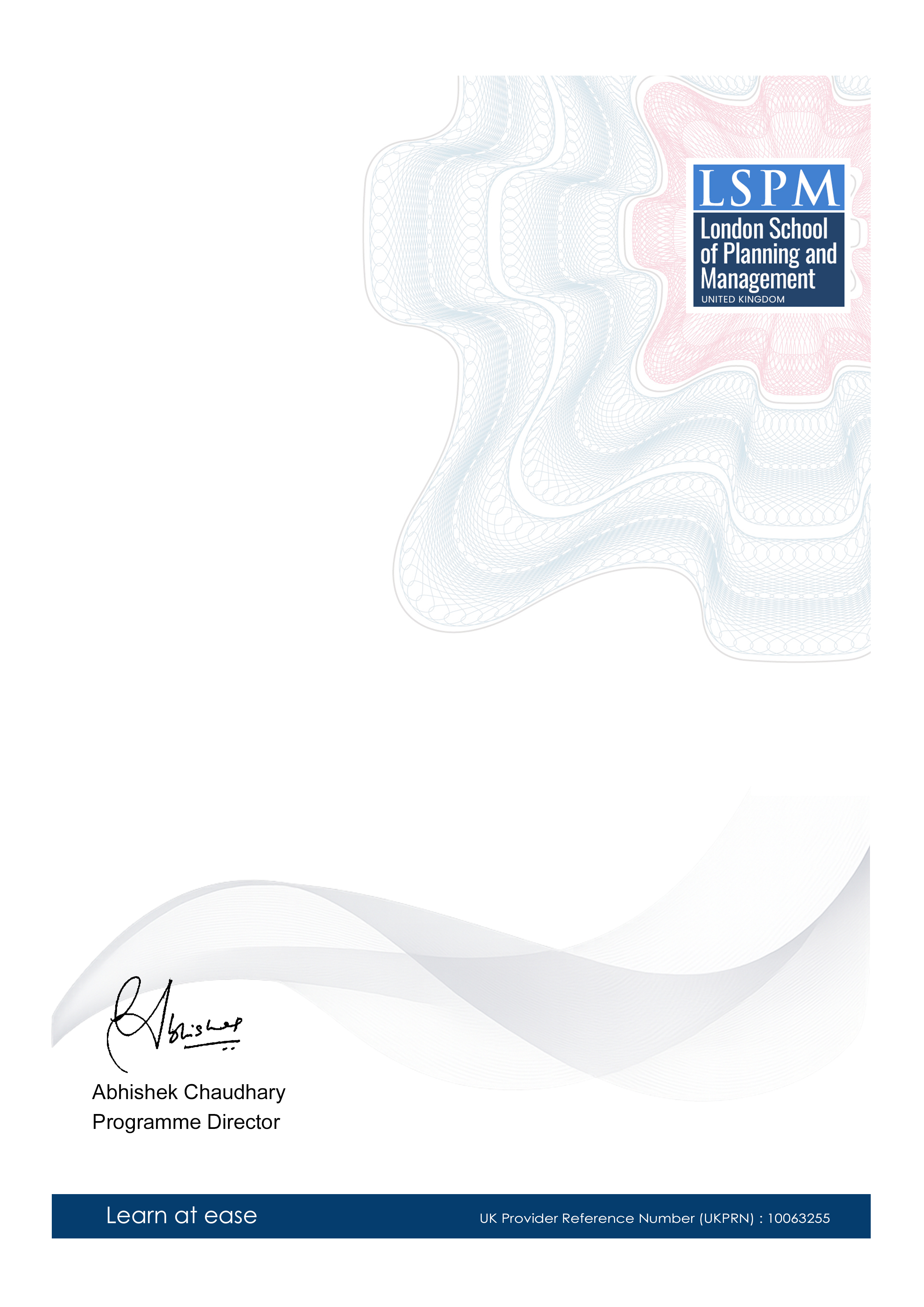Postgraduate Certificate in Food Labeling for Nutritional Information
-- viewing nowThe Postgraduate Certificate in Food Labeling for Nutritional Information is a comprehensive course designed to equip learners with the essential skills needed to excel in the food and nutrition industry. This course highlights the importance of accurate food labeling and nutritional information, which are critical for consumer protection, public health, and regulatory compliance.
6,281+
Students enrolled
GBP £ 149
GBP £ 215
Save 44% with our special offer
About this course
100% online
Learn from anywhere
Shareable certificate
Add to your LinkedIn profile
2 months to complete
at 2-3 hours a week
Start anytime
No waiting period
Course details
• Regulatory Framework for Food Labeling: An overview of the legal requirements and regulations governing food labeling for nutritional information, including FDA guidelines, European Union regulations, and other international standards.
• Nutrition Fact Panel Design and Content: Best practices for designing and formatting nutrition fact panels, including selecting appropriate serving sizes, identifying mandatory and optional nutrients, and calculating nutrient values.
• Ingredient Listing and Allergen Disclosures: Guidelines for listing ingredients and disclosing allergens, including the use of common names, identifying major food allergens, and understanding labeling requirements for genetically modified ingredients.
• Nutrient Content Claims and Health Claims: Understanding the rules and regulations surrounding the use of nutrient content claims and health claims on food labels, including the requirements for authorized health claims, nutrient content descriptors, and structure/function claims.
• Dietary Guidelines and Nutrient Reference Values: An overview of the latest dietary guidelines and nutrient reference values, including daily recommended intakes for macronutrients and micronutrients, and the role of food labeling in promoting healthy eating patterns.
• Special Labeling Requirements for Specific Populations: Guidelines for labeling food products for specific populations, including children, pregnant women, older adults, and individuals with special dietary needs (e.g., gluten-free, low-sodium).
• Food Labeling Technology and Innovations: An exploration of the latest food labeling technologies and innovations, including the use of smart labels, QR codes, and other digital tools for providing nutritional information to consumers.
• Labeling Compliance and Enforcement: Understanding the process for ensuring compliance with food labeling regulations, including the role of regulatory agencies, industry associations, and third-party certifiers, and the potential consequences of non-compliance.
Note:
Career path
Entry requirements
- Basic understanding of the subject matter
- Proficiency in English language
- Computer and internet access
- Basic computer skills
- Dedication to complete the course
No prior formal qualifications required. Course designed for accessibility.
Course status
This course provides practical knowledge and skills for professional development. It is:
- Not accredited by a recognized body
- Not regulated by an authorized institution
- Complementary to formal qualifications
You'll receive a certificate of completion upon successfully finishing the course.
Why people choose us for their career
Loading reviews...
Frequently Asked Questions
Skills you'll gain
Course fee
- 3-4 hours per week
- Early certificate delivery
- Open enrollment - start anytime
- 2-3 hours per week
- Regular certificate delivery
- Open enrollment - start anytime
- Full course access
- Digital certificate
- Course materials
Get course information
Earn a career certificate

